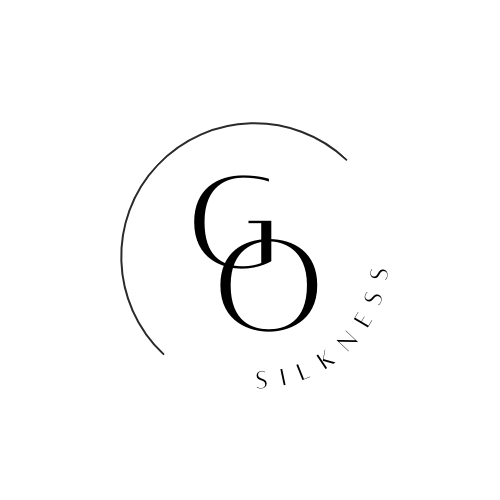Hair health is not only determined by the products we apply externally, but also by the nutrients we consume internally. While genetics play a significant role in determining hair texture and growth, our diet can profoundly impact the health and appearance of our hair. Understanding the connection between diet and hair health is essential for maintaining vibrant and strong locks. In this article, we delve into how diet affects hair health and explore dietary tips promoting lush, beautiful hair.
Nutrients Essential for Hair Health: Several key nutrients play crucial roles in promoting healthy hair growth and maintenance.
1. Protein: Hair is primarily composed of a protein called keratin. Consuming an adequate amount of protein ensures that your body has the building blocks necessary for hair growth. Good sources of protein include lean meats, fish, eggs, dairy products, legumes, and nuts.
2. Iron: Iron deficiency, often associated with anemia, can lead to hair loss. Iron is essential for carrying oxygen to hair follicles, promoting growth and strength. Incorporate iron-rich foods such as red meat, poultry, fish, beans, lentils, spinach, and fortified cereals into your diet.
3. Omega-3 Fatty Acids: Omega-3 fatty acids help nourish hair follicles and promote scalp health, reducing inflammation and encouraging hair growth. Sources of omega-3s include fatty fish like salmon, flaxseeds, chia seeds, walnuts, and soybeans.
4. Vitamins A and C: Vitamin A helps produce sebum, a natural oil that moisturizes the scalp and keeps hair healthy. Vitamin C aids in collagen production, which strengthens hair strands. Incorporate foods rich in these vitamins, such as carrots, sweet potatoes, spinach, citrus fruits, and bell peppers, into your diet.
5. Biotin: Biotin, also known as vitamin B7, is essential for maintaining healthy hair, skin, and nails. It promotes hair growth and may prevent hair thinning. Foods high in biotin include eggs, nuts, whole grains, and leafy greens.
The Impact of Poor Diet on Hair: A diet lacking in essential nutrients can lead to various hair problems, including:
1. Hair Loss: Inadequate intake of protein, iron, and other vital nutrients can result in hair shedding and thinning.
2. Dullness and Dryness: A diet deficient in omega-3 fatty acids and vitamins can lead to dry, lackluster hair prone to breakage.
3. Slow Growth: Without sufficient nutrients, hair growth may slow down, leading to stunted or weak hair strands.
4. Scalp Issues: Poor nutrition can contribute to scalp problems such as dandruff, itchiness, and inflammation.
Tips for Improving Hair Health Through Diet: To enhance the health and appearance of your hair, consider the following dietary tips:
1. Eat a balanced diet rich in lean protein, fruits, vegetables, whole grains, and healthy fats.
2. Incorporate foods high in essential nutrients for hair health, such as those mentioned above.
3. Stay hydrated by drinking plenty of water throughout the day to keep your hair and scalp hydrated.
4. Limit consumption of processed foods, sugary snacks, and excessive caffeine, as they can contribute to inflammation and poor hair health.
5. Consider taking supplements, such as biotin or omega-3 fatty acids, if you have difficulty meeting your nutritional needs through diet alone.
6. Practice moderation with restrictive diets, as extreme calorie restriction or eliminating food groups can deprive your body of essential nutrients needed for hair growth.
7. Consult a healthcare professional or a registered dietitian if you have concerns about your diet or are experiencing significant hair problems.
Maintaining a nutritious diet is crucial for promoting healthy hair growth and preventing hair problems. By consuming a variety of nutrient-rich foods and staying hydrated, you can nourish your hair from the inside out, leading to stronger, shinier locks. Remember that while external hair care products can enhance the appearance of your hair, true hair health begins with what you put into your body. So, fuel your hair with the nutrients it needs and watch it flourish.

